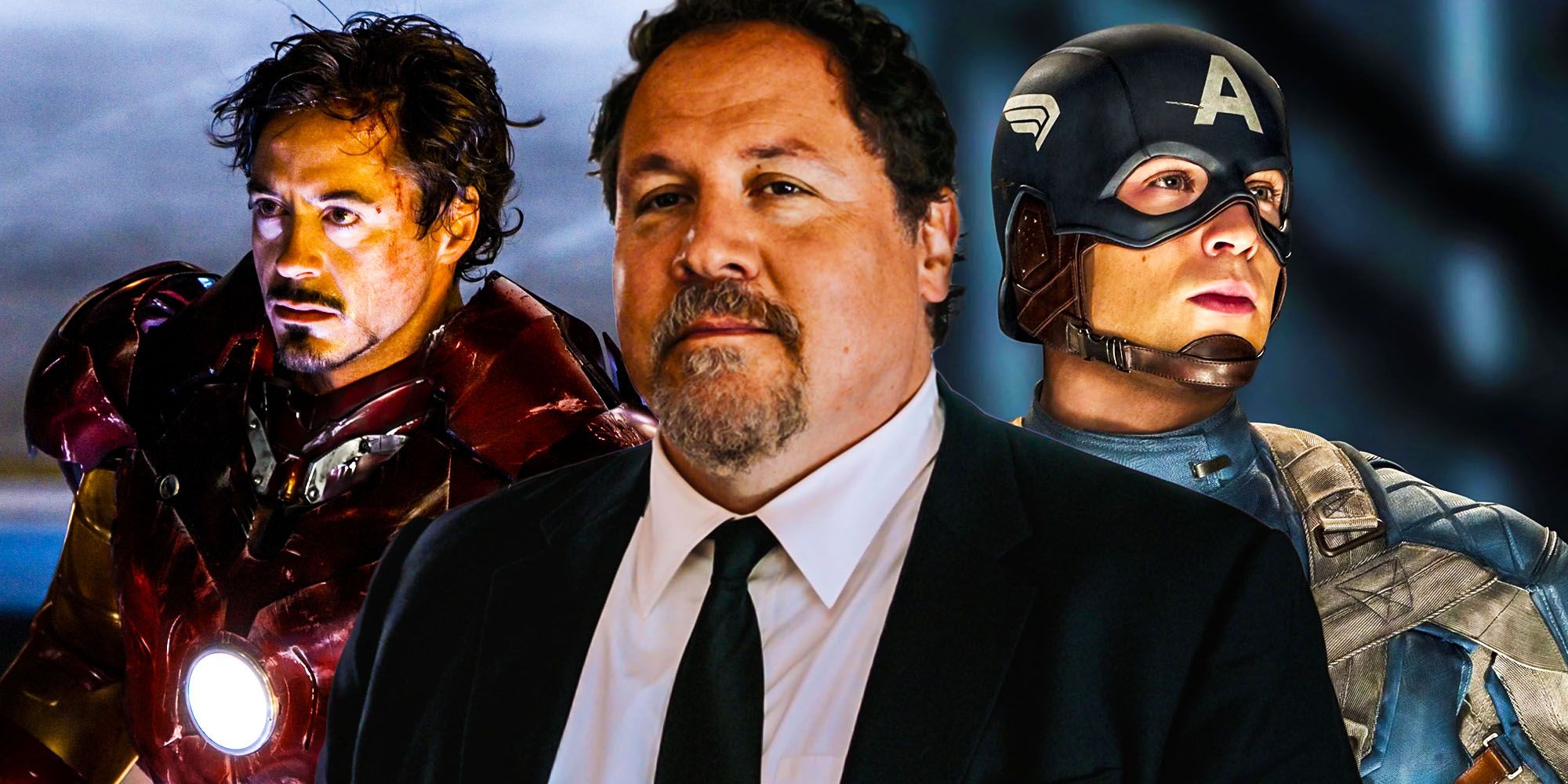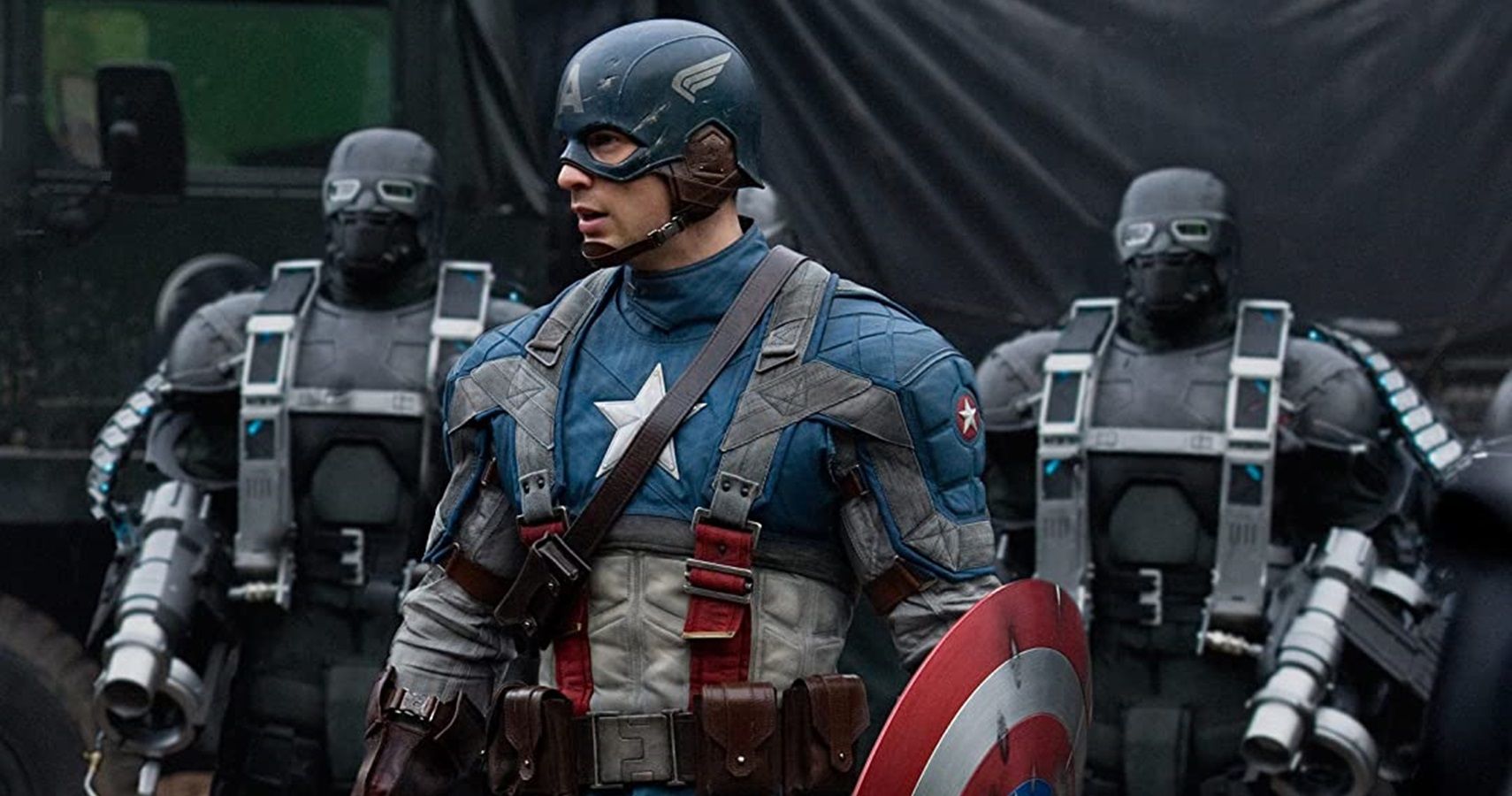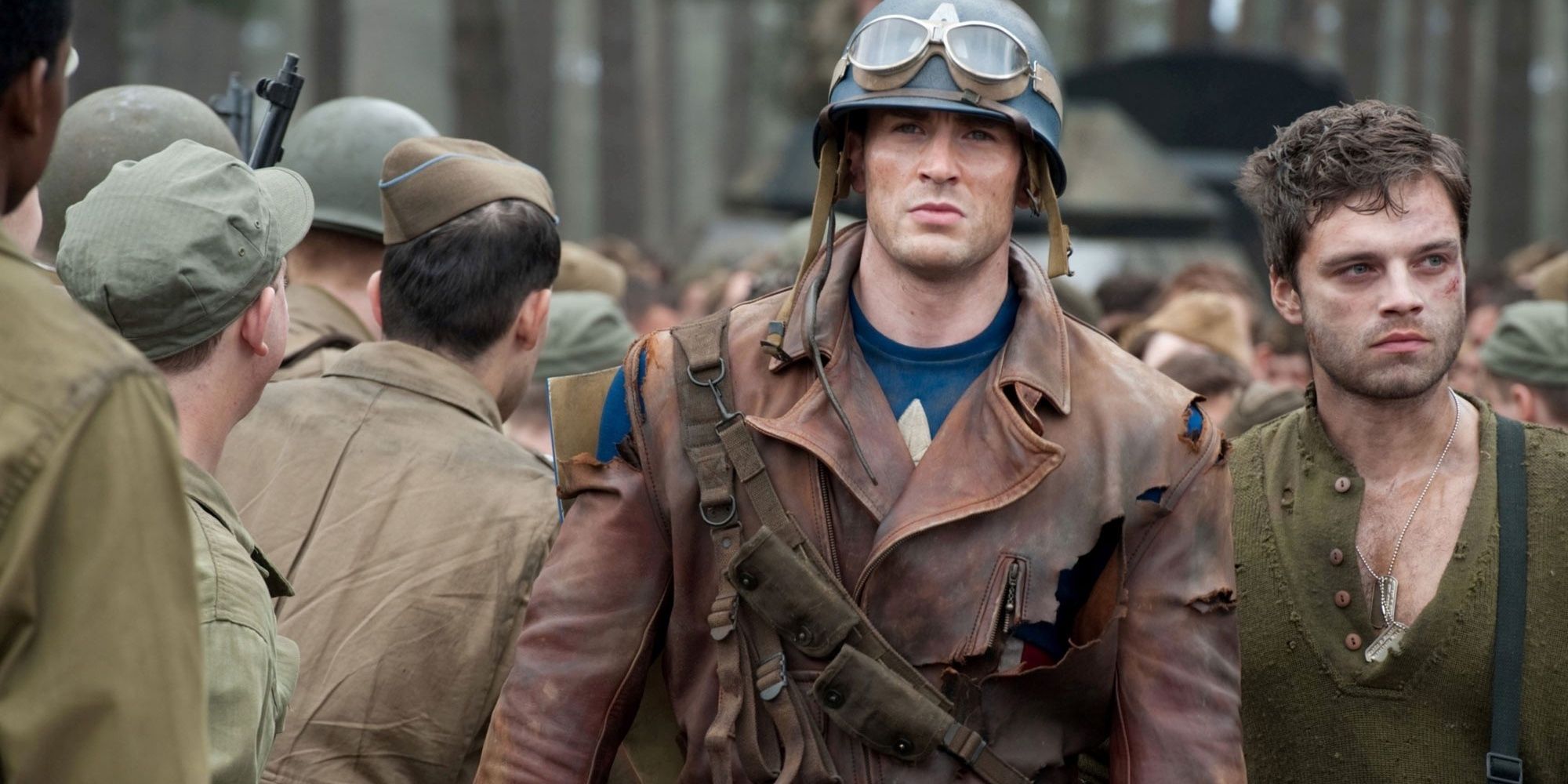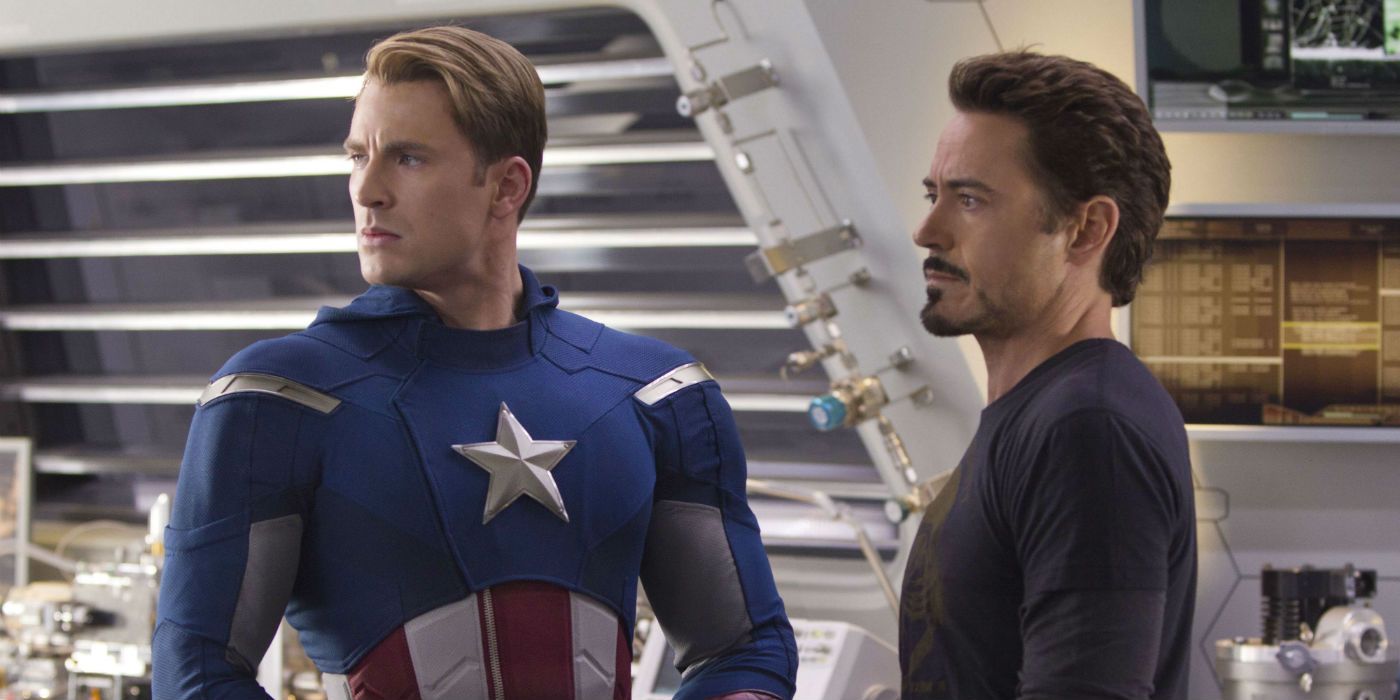Jon Favreau helped initiate the Marvel Cinematic Universe with 2008’s Iron Man, but he also wanted to make the first Captain America movie, which could have been quite different. Jon Favreau’s take on Tony Stark in 2008 was a game-changer, with impeccable casting and a reimagined origin story for Iron Man that honored Stan Lee and Jack Kirby’s comics while modernizing the classic character. 2011’s Captain America: The First Avenger was the final MCU solo film in Phase 1, introducing Steve Rogers to the MCU in a beautifully retro and heartfelt film by legendary director Joe Johnston. The first Captain America film has been overshadowed by its successors, but it’s perhaps the most earnest film in the MCU, and it may have turned out drastically different if made by another director.
Compared to The Avengers films and Iron Man sequels, Jon Favreau’s 2008 movie told a small and personal story, having more in common with Sam Raimi’s celebrated Spider-Man films than future MCU installments. Iron Man explored Tony Stark’s humanity, showing his epiphany after a near-death experience and balancing the dark subject matter with plenty of humor, much of which was improvised by Robert Downey Jr. The film never strayed too far from its comic roots, earning the approval of Iron Man co-creator Stan Lee, who applauded the film in multiple interviews for its accuracy to his comics. Iron Man’s humor, Marvel Easter eggs, and post-credits setup for future films set the tone for the rest of the MCU franchise.
2011’s Captain America came out at a time where anticipation for the risky, ambitious, team-up film, The Avengers, was reaching its peak. Captain America disregarded the cynicism of modern audiences and retold Steve Rogers’ origin story with refreshing sincerity. With Joe Johnston directing the film, The First Avenger had as much in common with Star Wars and Raiders of the Lost Ark as it did Sam Raimi’s Spider-Man and Favreau’s Iron Man. Although it was quickly overshadowed by the genre-changing 2012 film, The Avengers, Captain America remains one of the more underrated films in the MCU, and easily the best cinematic representation of Marvel’s Golden Age comics from the 1940s.
Jon Favreau Wanted To Make Captain America
The recently released book The Story of Marvel Studios: The Making of the Marvel Cinematic Universe delves into the history of Marvel Studios and the MCU in the aftermath of the first three phases, now known as The Infinity Saga. Before the MCU debuted with 2008’s Iron Man, Jon Favreau was in talks with Marvel to direct their first film in this ambitious project. Although Favreau’s style is perfect for Iron Man in hindsight, he didn’t have a specific superhero assigned to him at first. According to the book, Favreau asked Marvel to let him know if he was directing Captain America.
Although Favreau ended up directing the first two Iron Man films (to the delight of critics and fans alike), it’s fascinating that he wanted to work on Captain America more at first. For better or worse, Iron Man wasn’t nearly as well known as Captain America, when it comes to Marvel’s classic heroes. While Iron Man was integral to the Marvel universe after his debut (with Stark technology and funding frequently being acknowledged throughout the Marvel universe), Captain America was an icon whose popularity went beyond the comic-reading crowd. Captain America was, after all, the first Marvel superhero to appear on film, with the 1944 Captain America serial.
How Jon Favreau's Tone Would Change The First Avenger
Jon Favreau’s tone for the Iron Man films was significantly different from that of Joe Johnston’s Captain America film. While highly accurate to its comic source material, Iron Man went for a realistic look and feel, translating Lee and Kirby’s classic characters and concepts into the most realistic depiction possible. In a way, this only heightened the film’s comic accuracy, as Silver Age Marvel stories sought to create characters who readers could believe were real, if not see themselves in some cases. Johnston’s Captain America perfectly recreated the look and feel of Marvel’s Golden Age comics, but a Favreau version of the film would have been completely different.
Jon Favreau is known for his sense of humor, especially in his two Iron Man films, and he’s quoted in The Story of Marvel Studios as feeling that “a funny, fun angle” could be used for a Captain America film. While Joe Johnston’s film had plenty of comedic moments, Favreau would have had more, possibly focusing on Steve Rogers, once a sickly, shy, art student, getting used to his now-superhumanly fit body and his colorful persona after getting his powers. While a Favreau Captain America would likely be far more comedic than Johnston’s (and potentially less earnest), Favreau also understood the humanity of Tony Stark, and would certainly depict Steve Rogers’ naturalism just as well as Johnston’s movie did.
Favreau's Iron Man Was Broken, But So Was Cap
Another renowned aspect of Favreau’s Iron Man movies was his emphasis on Tony Stark’s flaws and foibles. Like so many other aspects of the films, this coincided with Lee and Kirby’s comics, establishing an all-too-human superhero who came from a questionable past and sought amends for his past mistakes. This was simply not the case for Captain America in the MCU. While imperfect and undeniably human, Steve Rogers, intentionally, represented the best of humanity. Steve’s characterization in The First Avenger wasn’t growing into the mindset of a hero, since he already had one from the start. Instead, the experiment that gave Steve Rogers his powers finally made his body match his spirit, allowing him to help people more effectively than ever before.
Favreau might not have taken this approach. Steve Rogers was an orphan by the events of The First Avenger, and though he’d had a lifelong best friend in Bucky Barnes, he might have an understandable degree of resentment and anger towards his status in life before getting his powers. Steve was bullied and disregarded by most for much of his life, and he might have felt powerless to stop the Nazis (who embodied everything he opposed) if not for his powers. Jon Favreau, in addition to adding more comedy to his hypothetical Captain America movie, might have given Steve a more traditional character arc, having him grow into the paragon that he famously is with his powers, making for an ultimately different film from the Iron Man movies.










